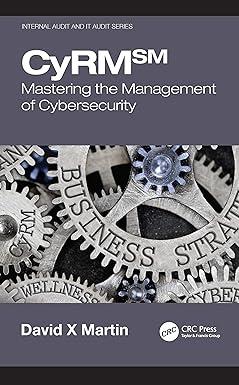Question
Flexible Budgeting and Variance Analysis I Love My Chocolate Company makes dark chocolate and light chocolate. Both products require cocoa and sugar. The following planning
-
Flexible Budgeting and Variance Analysis
I Love My Chocolate Company makes dark chocolate and light chocolate. Both products require cocoa and sugar. The following planning information has been made available:
Standard Amount per Case Dark Chocolate Light Chocolate Standard Price per Pound Cocoa 10 lbs. 7 lbs. $4.40 Sugar 8 lbs. 12 lbs. 0.60 Standard labor time 0.4 hr. 0.5 hr. Dark Chocolate Light Chocolate Planned production 4,200 cases 12,100 cases Standard labor rate $15.00 per hr. $15.00 per hr. I Love My Chocolate Company does not expect there to be any beginning or ending inventories of cocoa or sugar. At the end of the budget year, I Love My Chocolate Company had the following actual results:
Dark Chocolate Light Chocolate Actual production (cases) 4,000 12,600 Actual Price per Pound Actual Pounds Purchased and Used Cocoa $4.50 128,800 Sugar 0.55 178,600 Actual Labor Rate Actual Labor Hours Used Dark chocolate $14.70 per hr. 1,460 Light chocolate 15.30 per hr. 6,460 Required:
1. Prepare the following variance analyses for both chocolates and the total, based on the actual results and production levels at the end of the budget year:
a. Price variance is the difference between the actual and standard prices, multiplied by the actual quantity.Direct materials price variance, The cost associated with the difference between the standard quantity and the actual quantity of direct materials used in producing a commodity.direct materials quantity variance, and total variance.
b. The cost associated with the difference between the standard rate and the actual rate paid for direct labor used in producing a commodity.Direct labor rate variance, The cost associated with the difference between standard and actual hours of direct labor spent for producing a commodity.direct labor time variance, and total variance.
Enter a favorable variance as a negative number using a minus sign and an unfavorable variance as a positive number.
a. Direct materials price variance $ Unfavorable - Favorable
- Unfavorable
Direct materials quantity variance $ Unfavorable - Favorable
- Unfavorable
Total direct materials The difference between actual cost and the standard cost at actual volumes.cost variance $ Unfavorable - Favorable
- Unfavorable
b. Direct labor rate variance $ Unfavorable - Favorable
- Unfavorable
Direct labor time variance $ Favorable - Favorable
- Unfavorable
Total direct labor cost variance $ Unfavorable - Favorable
- Unfavorable
2. The variance analyses should be based on the
- actual
- standard
- actual
- standard
- actual
- standard
- actual
- standard
Step by Step Solution
There are 3 Steps involved in it
Step: 1

Get Instant Access to Expert-Tailored Solutions
See step-by-step solutions with expert insights and AI powered tools for academic success
Step: 2

Step: 3

Ace Your Homework with AI
Get the answers you need in no time with our AI-driven, step-by-step assistance
Get Started


